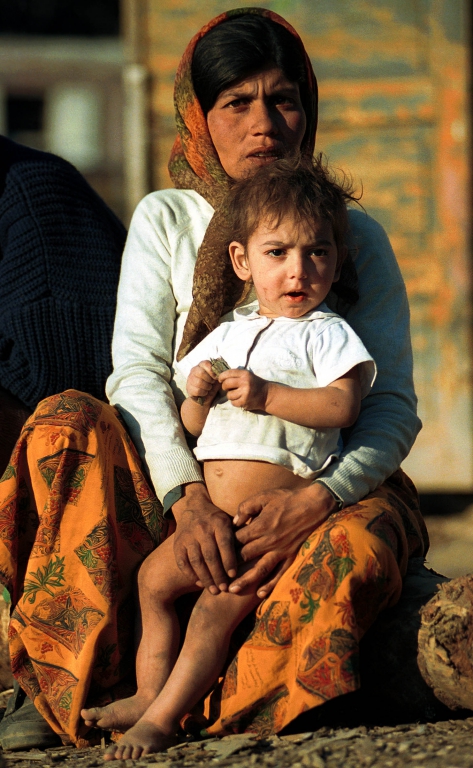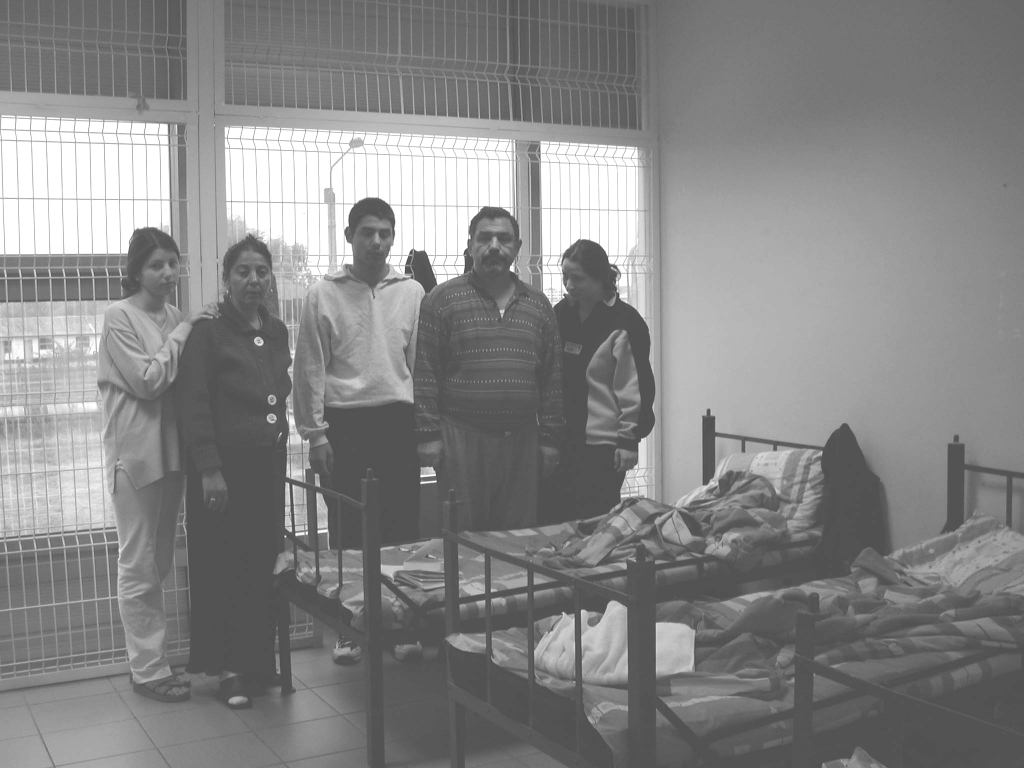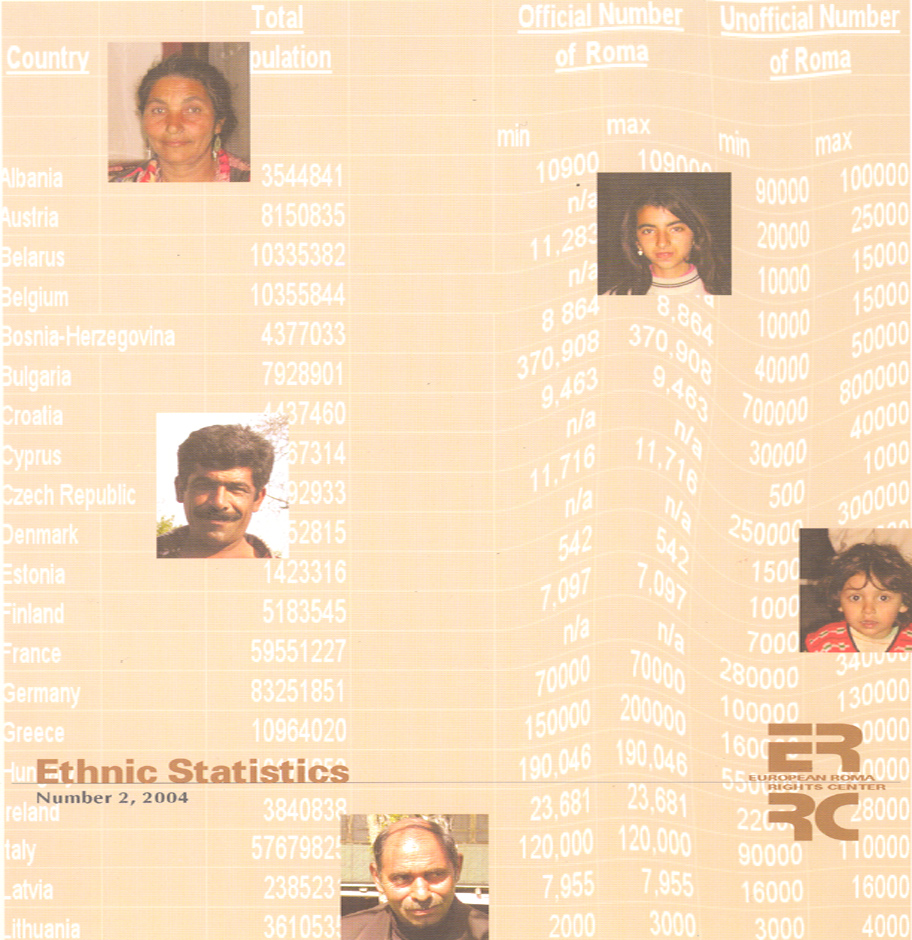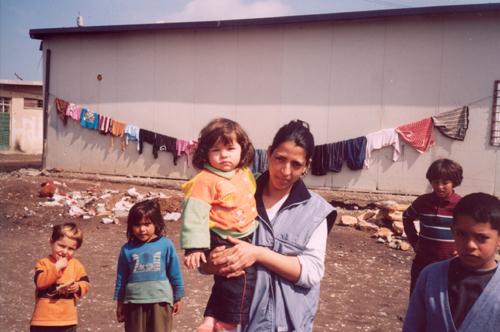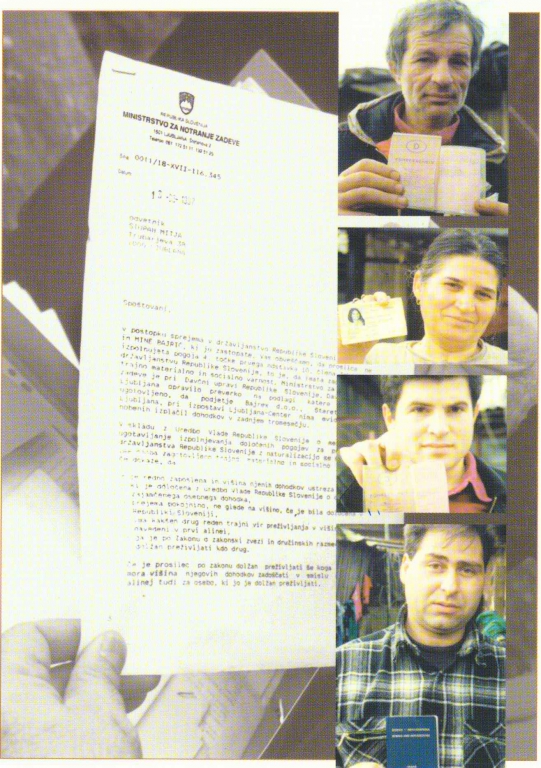Roma Rights 2, 2005: Rights and Traditions
21 July 2005
Practices such as early and arranged marriages and certain sexual taboos in Romani communities restrict the autonomy of individuals, deprive them of their human dignity and prevent them from realising basic human rights. Romani girls’ educational carreers are often interrupted at early stages as a result of marriage. Many women are not able to undertake public activities due to pressures exerted by family and community conditioned by traditional perceptions limiting the role of the woman to the family sphere. Homosexuality is considered an abomination in many communities.
Roma Rights 1, 2005: Positive action to ensure equality
11 March 2005
The principles of equality and non-discrimination are fundamental to human rights. They are enshrined in international human rights law and in many domestic constitutions. Recognising that formal equality or treating everyone the same is not conducive to the elimination of barriers facing certain groups, a number of the human rights treaties of the United Nations system oblige states to adopt special measures to address inequalities based on race, gender, disability, etc. Such measures, described also as positive or affirmative action, are acceptable where they are carefully tailored to match particular circumstances, and are proportionate, and are temporary until the objectives of the special measure has been achieved. European Union law ...
Roma Rights 3-4, 2004: Health Care
15 December 2004
The ERRC announces publication of issue 3 and 4/2004 of the quarterly Roma Rights. Roma Rights 3 and 4/2004 addresses the theme of health care. Roma are subjected to medical treatment of inferior quality as a result of racial discrimination. Barriers of Roma to health care are exhibited in the systemic disadvantages facing Roma in access to health. Certain general policies and administrative procedures have an adverse effect on Roma. Systemic disadvantages are visible in the disproportionate numbers of Roma excluded from health insurance; the large number of Roma living in neighbourhoods without health care facilities; the large number of Roma living in settlements not covered by general practitioners; the severe underrepresentation of ...
Roma Rights 2, 2004: Ethnic Statistics
29 July 2004
Roma Rights 2/2004 takes as its theme "Ethnic Statistics". In 2004, the complaint that there are no reliable statistics on Roma has become trivial. So has the call on governments to collect them. Criticism and recommendations regarding this issue are coming from all quarters, including governments of countries with significant Romani populations. Over the last six-seven years, the European Roma Rights Center has been among the most consistent advocates of collecting ethnic data for purposes of fighting racism and discrimination and for drafting viable equality programmes.
Roma Rights 1, 2004: What is Roma Rights?
27 May 2004
Issue 1/2004 of the ERRC Quarterly Roma Rights is called "What is Roma Rights?". The issue includes a number of articles involved in Roma rights work addressing the at times contentious questions surrounding the concepts at the core of ERRC action, and those of activists for the fundamental rights of Roma generally. Writing into the present issue are authors including Nicolae Gheorghe, Jeno Kaltenbach, Azbija Memedova, Ronald Lee, Morag Goodwin and ERRC Executive Director Dimitrina Petrova. The issue also includes updates on human rights issues facing Roma in Europe, as well as a number of articles concerning recent ERRC actions. Of particular note is a summary by ERRC Legal Director Branimir Plese of the landmark European Court of Human ...
Roma Rights 4, 2003: Political Rights
07 February 2004
Roma Rights 4, 2003 takes as its theme "Political Rights". Roma in Europe do not exercise political rights on an equal basis with other citizens. Roma are under-represented in political life and otherwise frequently excluded from participation in public affairs. The exclusion of Roma from public life is a factor which aggravates the belated and generally problematic process of developing and implementing policies on Roma in today's Europe.
Roma Rights 3, 2003: Personal Documents and Access to Fundamental Rights
29 October 2003
Roma Rights 3/2003 takes as its theme "Personal Documents and Access to Fundamental Rights". Research shows that numerous Roma around Europe - and particularly in countries emerging from the dissolution of large federations such as the former Yugoslavia, the Soviet Union and Czechoslovakia remain disproportionately affected by a lack of personal documents, including birth certificates, identity documents, residence permits, documents proving eligibility for state-provided social welfare and health insurance, and passports. Roma are frequently unable to access citizenship, and the anathema phenomenon of statelessness has arisen in a number of states. The lack of one document leads to the inability, in many cases, to access others. The ...

